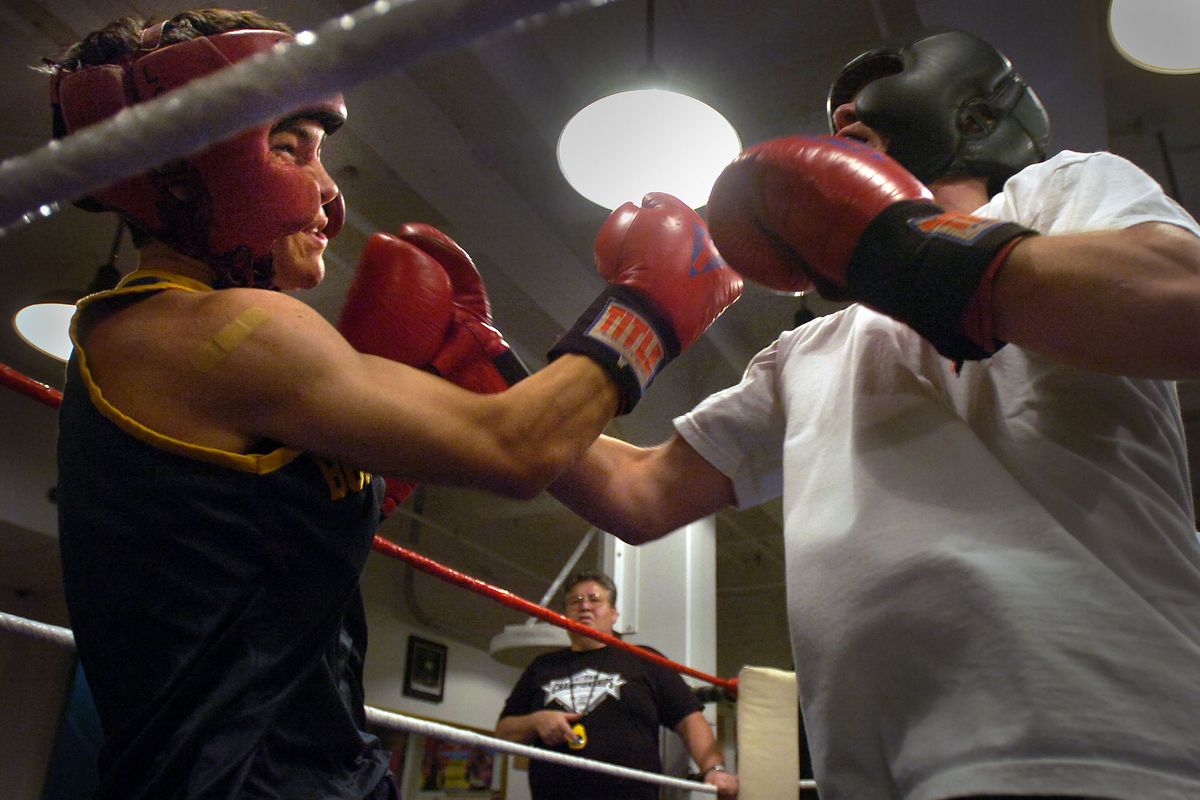Boxing coach Dan Vassar dies

To understand what was important to Dan Vassar, you needed to see him in action.
A giant in the world of amateur boxing in the United States, a man in demand to coach Olympic hopefuls as well as U.S. National teams, Vassar, who died Thursday from cancer at the age of 64, was most at home in smaller venues.
He was called on 14 times to travel the world to share his vast knowledge of amateur boxing, and he went willingly because sharing that knowledge was important. He took teams to Canada, Thailand, Azerbaijan and Kazakhstan, including World Championship tournaments in 2002 and 2003. He was in demand to help prepare U.S. boxers for the Olympic Games and World Championships.
But wherever he was, his heart remained in Spokane and it was to Spokane he always returned.
You only needed to have seen him coach one of his Spokane area boxing teams to understand why.
They used to be called “smokers,” amateur fight cards made up of a handful of bouts. Vassar and his cadre of long-time coaches and parents put on several every year and travelled to many more throughout the season. Wherever they were held, that’s where Dan Vassar was at home.
Working with wide-eyed, pre-teen youngsters in their first bout or up-and-comers preparing to compete in national competitions, the barrel-chested Vassar always found a way to look his boxer in the eye – often that meant getting down on his knees in the corner to meet a youngster’s gaze.
Gently,with a soft voice and with a look of trust and affection in his eyes, he would encourage, correct and coach them. Even sitting ringside, you couldn’t hear exactly what it was he was telling his charges, but you could see the effect: their backs would straighten, their eyes would focus and they would take their lessons to heart.
Vassar is survived by his wife, Ramona, and children Dan, Jr., Frank and Lynne.
“Over the summer Dan started to have some trouble with his equilibrium,” his long-time coaching partner, Ray Kerwick, explained. “He went in for some tests and on Sept.8, they told him he had cancer in his liver and that it was metastasized.
“He told me he was going to go down swinging.”
Vassar coached 19 national champions, including both of his sons.
“I was a four-time national champion,” Dan, Jr., said. “My brother, Frank, was a national Golden Gloves champion and a Junior Olympic National Champion. And my dad was my coach and he taught me how to be a man.
“I coached with him at the Howard Street Boxing Club. I just wasn’t done learning from him.”
He worked with former Central Valley High girls basketball standout Andrea Kallas, helping her reach the national championships.
“In all my years involved with elite-level athletics I have never had someone inspire me as much as Dan,” Kallas remembered. “I will always remember him in my corner, calm as can be, looking me in the eye saying ‘You got this; this is your fight.’ I would look back and say ‘I got this; this is my fight.’
“There was never anybody in my life that I wanted to work harder for and win harder for. Dan Vassar taught me to not only be a champion in the ring, but also in life. My heart is completely broken, but I know Dan is still in my corner saying ‘Get off the ropes, you got this; this is your fight.’”
Perhaps the greatest testament to his dedication to both his sport and his boxers is the list of men who continue to work with him.
His son, Dan, went on to coach his own boxing club in Northern Idaho, and when that group dwindled, he joined his father. Kerwick and Vassar have coached together for almost two decades. Paul Keller worked with Vassar for more than three decades. Rowdy Welch, one of Vassar’s national champions, is a long-time coaching colleague. And perhaps his longest partnership has been with his brother, Sherman.
“I think that’s the thing that my father would like to be remembered for most: he wasn’t just a good coach; he was a great coach,” his son said.